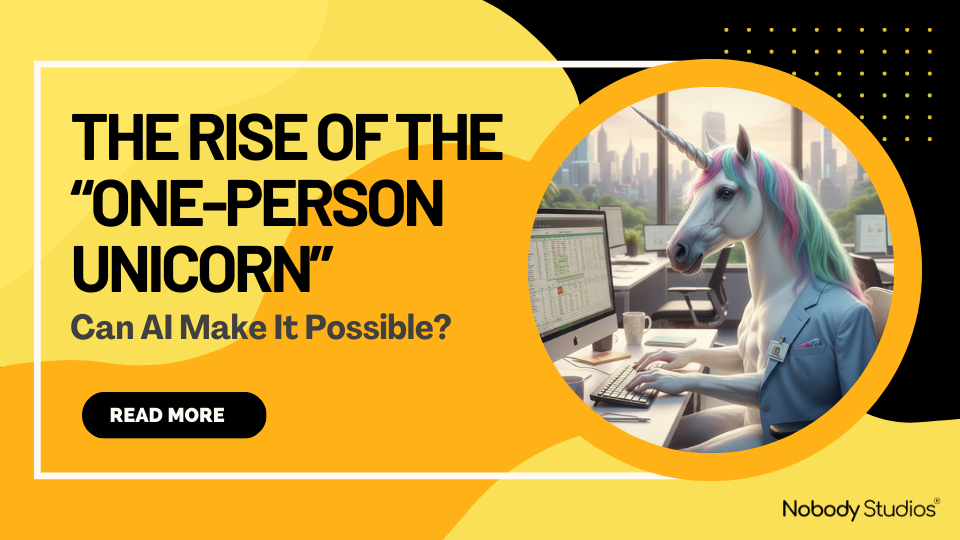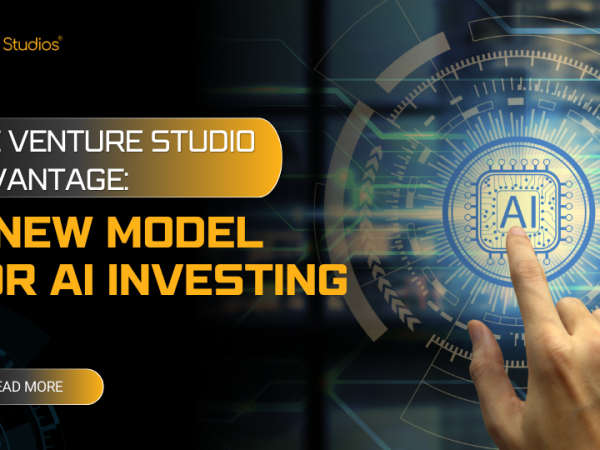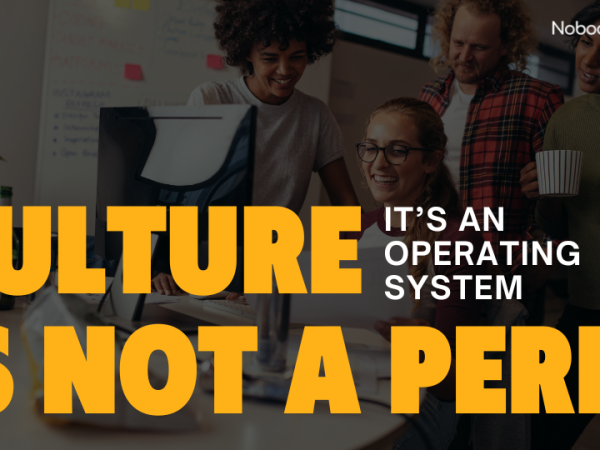
The startup world has always been driven by bold ideas, scrappy execution, and the relentless pursuit of scale. But a new question is stirring debate across founders, investors, and technologists alike: Could the next billion-dollar company be built by just one person?
Tech leaders like Sam Altman have speculated about the arrival of the “one-person unicorn”—a company worth over $1 billion, run by a single founder leveraging AI and automation. While it might sound extreme, the trajectory of technology suggests it’s no longer science fiction.
Automation Is Changing the Game
For decades, building a company meant hiring large teams to handle operations, marketing, technology, and customer service. Today, tasks that once required dozens of employees can be automated or outsourced to affordable SaaS tools. Cloud infrastructure, AI assistants, and no-code platforms have collapsed barriers to scale.
The result? Founders can now do the work of 20—or even 200—people with a fraction of the cost. This isn’t about eliminating teams entirely; it’s about freeing human bandwidth to focus on what matters most: vision, creativity, and solving problems no algorithm can fully grasp.
The Human Edge Still Matters
AI may accelerate workflows, but it cannot replace the intuition, originality, and emotional intelligence of human founders.The most successful entrepreneurs will be those who lean into distinctly human strengths—creativity, relationship-building, and the ability to connect dots across contexts.
Vision remains the cornerstone of any great company. A founder’s passion and perspective provide the “why,” while AI simply helps accelerate the “how.” Without that clarity, speed can just mean scaling in the wrong direction faster.
Studios as Catalysts
The rise of the “one-person unicorn” doesn’t mean founders are truly alone. Support systems—mentorship, infrastructure, and advisory networks—remain critical. This is where venture studios step in, offering resources and guidance that allow founders to focus their time on creating value rather than drowning in logistics.
The venture studio model may even be the birthplace of the first one-person unicorn. By combining mentorship, shared infrastructure, and AI-powered efficiency, studios create an environment where small teams—or even solo founders—can punch far above their weight.
What Founders Should Remember
The fundamentals of entrepreneurship haven’t changed. Building something that matters still requires vision, resilience, and a willingness to take risks. What has changed is the scale of leverage available to founders today. AI can take the drudgery off your plate—but only you can bring the passion and creativity that turns an idea into a movement.
The “one-person unicorn” may or may not become the norm. But it represents a powerful reminder: startups are no longer bound by traditional limitations. With the right vision and the right tools, even the boldest goals are within reach.


